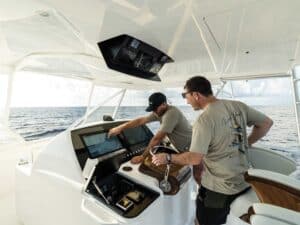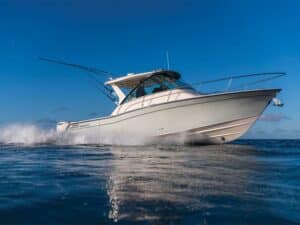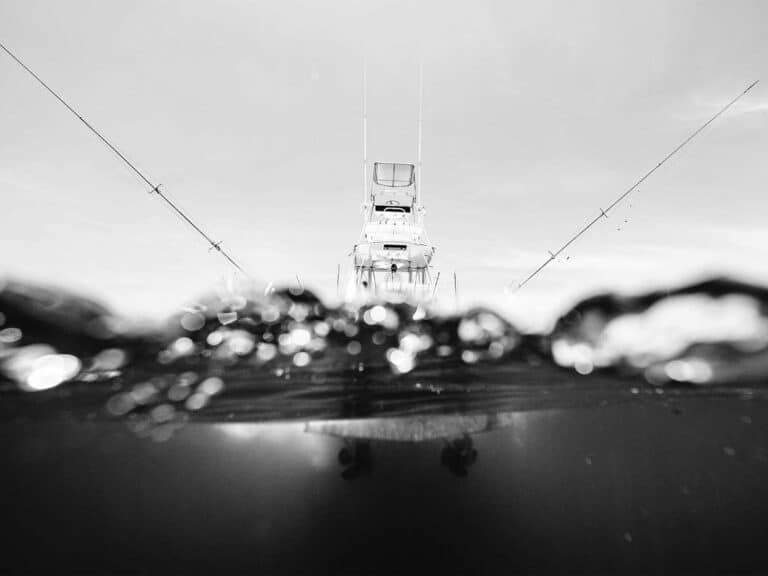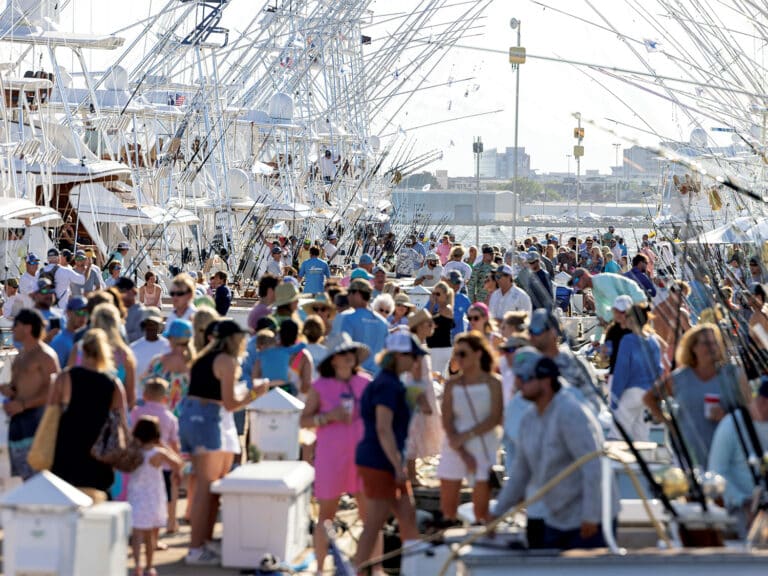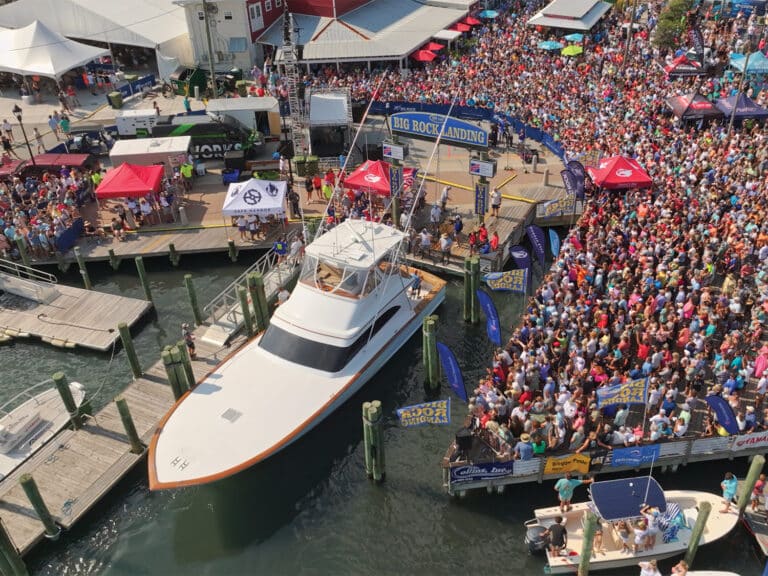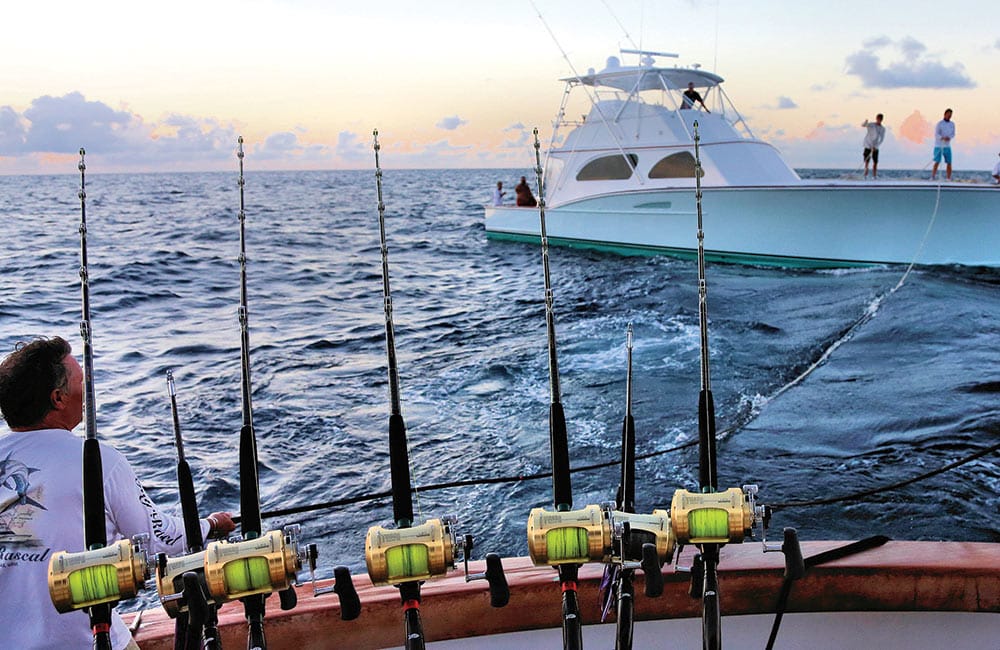
Most boat owners do not understand the intricacies of salvage, a unique part of maritime law that also has a blurred relationship to a towing service. Indeed, the law of salvage applies to all boats, so it is important to understand the difference between the two.
What Is Salvage?
Salvage is a concept in maritime law which states that a person who recovers another’s vessel or cargo after peril or loss at sea is entitled to a reward commensurate with the value of the property saved. Salvage is a voluntary action, and the public policy behind it is to provide an incentive for boaters to come to the aid of vessels in peril. There are two types of salvage: contract and pure.
Contract Salvage
Contract salvage is exactly what it sounds like: A vessel owner and the salvor enter into a contract prior to the commencement of the operations. The amount the salvor is awarded is based on the terms of the contract previously agreed upon by the parties. For example, this can be a fixed price, an hourly rate or include any other terms the parties agree upon. The contract can also be based on the “no cure, no pay” rule, which is ultimately the essence of pure salvage and means that the operation must be successful for the salvor to receive a reward.
Pure Salvage
Pure salvage arises when there is no pre-existing agreement between the parties. The three elements of pure salvage consist of: 1) a marine peril placing the property at risk of loss, destruction or deterioration; 2) a voluntary service rendered and not required by an existing duty or by special contract; and 3) a successful salvage effort, in whole or in part.
The 1989 International Convention on Salvage provides an exception to the “no cure, no pay” rule in the form of potential environmental damage. Specifically, if salvors fail to save a vessel but manage to prevent environmental damage, they might still be reimbursed for the expenses incurred from their efforts.
Factors of a Salvage Reward
When all requirements of pure salvage are met, a salvor receives a reward based on a percentage of the value of the rescued property. The amount of the award is based on a variety of factors, including: 1) the labor expended by the salvors; 2) the promptitude, skill and energy displayed in rendering the service; 3) the value of the property employed by the salvors in rendering the service, and the danger to which such property was exposed; 4) the risk incurred by the salvors in securing the property from the impending peril; 5) the value of the vessel or property saved; and 6) the degree of danger from which the property was rescued.
 |
Subscribe Now and Save 68% |
Towing Versus Salvage
Things can get tricky when the service is more akin to a tow than a salvage operation, especially if the owner does not have a membership with a towing company like Sea Tow or BoatU.S. To begin with, it is important to understand that consent is required before any salvage service can occur. Assuming the situation is not urgent, it is usually best if you agree to the terms of the service before any action is taken. Ideally, the person offering assistance makes it clear he is providing a tow, if that is indeed the only service required. If not, do not accept a line and tie it to your boat before you have agreed to the terms. A court might rule that you consented to salvage at that moment.
Oftentimes, a towing company will present a standard “no cure, no pay” contract to sign. If possible, it is best if you do not sign such an agreement because the services under that type of contract are akin to pure salvage. Typically, there are also other provisions present in such a contract that might not be beneficial to an owner.
Ideally, agree separately on a fixed price or an hourly rate rather than a percentage of the vessel’s value. A written agreement is always best, but a verbal agreement is also sufficient, especially when a witness is present.
If in cell range and time allows, it can also be beneficial to call your marine insurance agent to see what services are covered under your policy and get other important information before allowing the operation to proceed.
Towing Membership
I advise all boaters to hold a membership with a towing company. However, a membership does not necessarily afford full protection from a salvage claim. A towing company might make a claim for a reward if its services go beyond a normal towing operation, such as a hard grounding or a job performed in hazardous conditions. It is certainly an unpleasant experience to unexpectedly receive a demand for a salvage award. As such, the most important thing to do if a situation is not urgent is to agree on the terms of the service prior to accepting any assistance.
Raleigh P. Watson is a contributing author, and a Partner at Miller Watson Maritime Attorneys.


